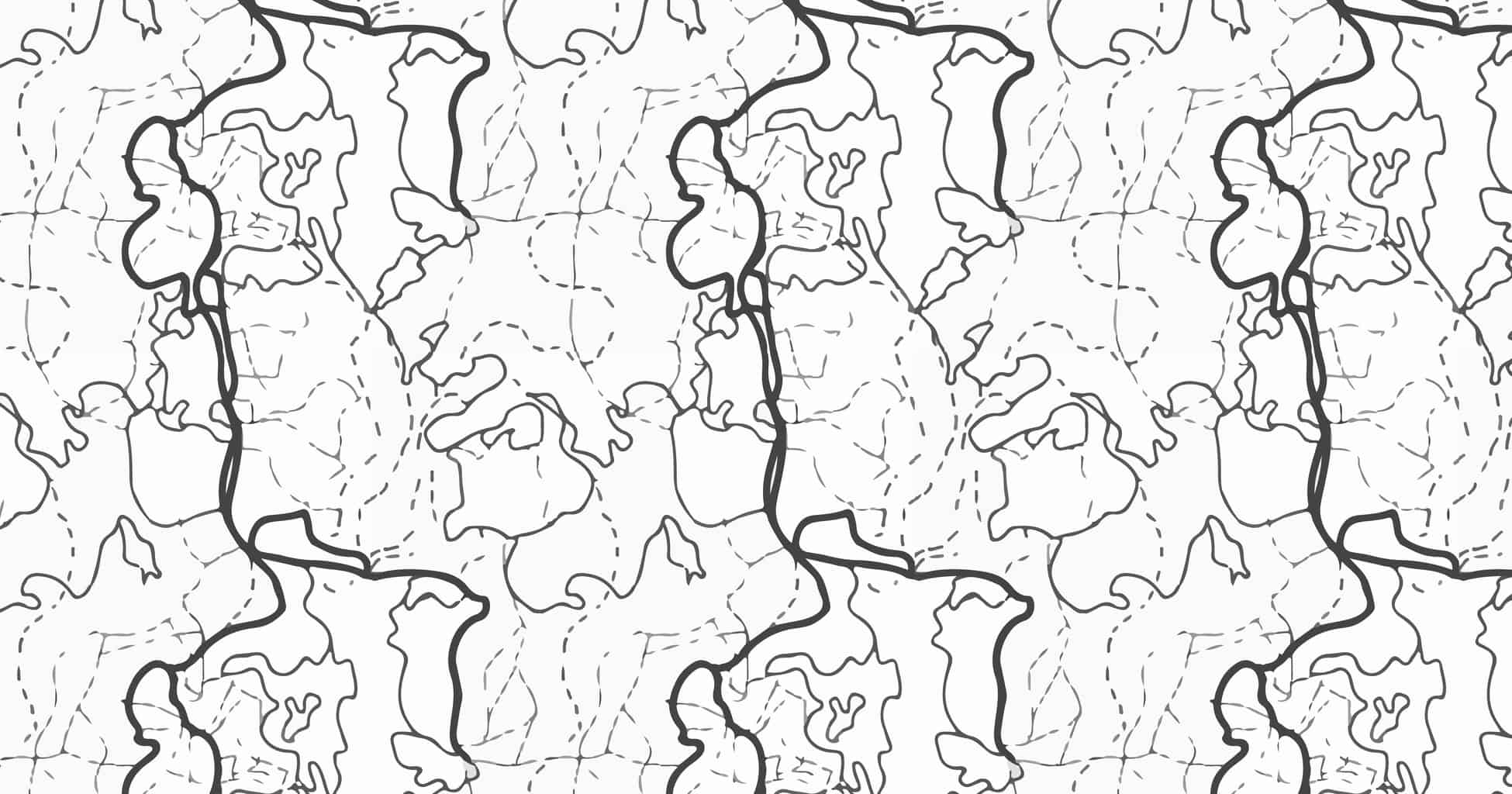Somalia
Somalia’s long-running armed conflict has been characterized by extremism, sectarian political violence, complex humanitarian crises, and piracy, and women have been disproportionately at risk of death and as targets of sexual and gender-based violence and displacement.
Based on the work of NGOWG members and their partners, the NGOWG advocates for women’s political participation, women’s meaningful and active participation in design and implementation of humanitarian responses, and strengthened mechanisms to prevent and respond to sexual and gender based violence.
Somalia
Somalia’s long-running armed conflict has been characterized by extremism, sectarian political violence, complex humanitarian crises, and piracy. Women have been disproportionately at risk of death, and as targets of sexual and gender-based violence and displacement.
Based on the work of NGOWG members and their partners, the NGOWG advocates for women’s political participation, women’s meaningful and active participation in design and implementation of humanitarian responses, and strengthened mechanisms to prevent and respond to sexual and gender based violence.
Current and Past Recommendations to the UN Security Council (Monthly Action Points)
The situation in Somalia continues to be characterized by violence, political instability, internal displacement and a humanitarian crisis, occurring against the backdrop of climate and public health crises. The country is on the cusp of famine and facing high levels of water scarcity as a result of the current drought, which is the longest in 40 years and has already killed an estimated 43,000 people and displaced over one million people in 2022 alone. As women and girls comprise the majority of people displaced as a result of climate crisis-related disasters, the humanitarian response must be gender-responsive and survivor-centered.
Further, politicians, human rights defenders, peacebuilders, journalists and civil society leaders, who are often targeted explicitly in order to stop or prevent their work, are at particular risk, with diverse women, including young women and women with disabilities, facing additional barriers. The Council should request further information and updates on threats and reprisals, as well as details regarding what actions are being taken by the UN in Somalia to prevent and respond to such incidents when they occur. In forthcoming discussions on the situation, gender-sensitive conflict analysis, such as analysis related to barriers to women’s meaningful participation, including barriers to meeting the 30% quota in parliamentary elections in 2022, should be provided by briefers. Finally, the mission should update on their support for promoting women’s human rights in national legal frameworks, including specifically in the context of participation and representation, and share insights from women’s civil society leaders and activists, including young women, whom they have consulted.
Relevant Resources






